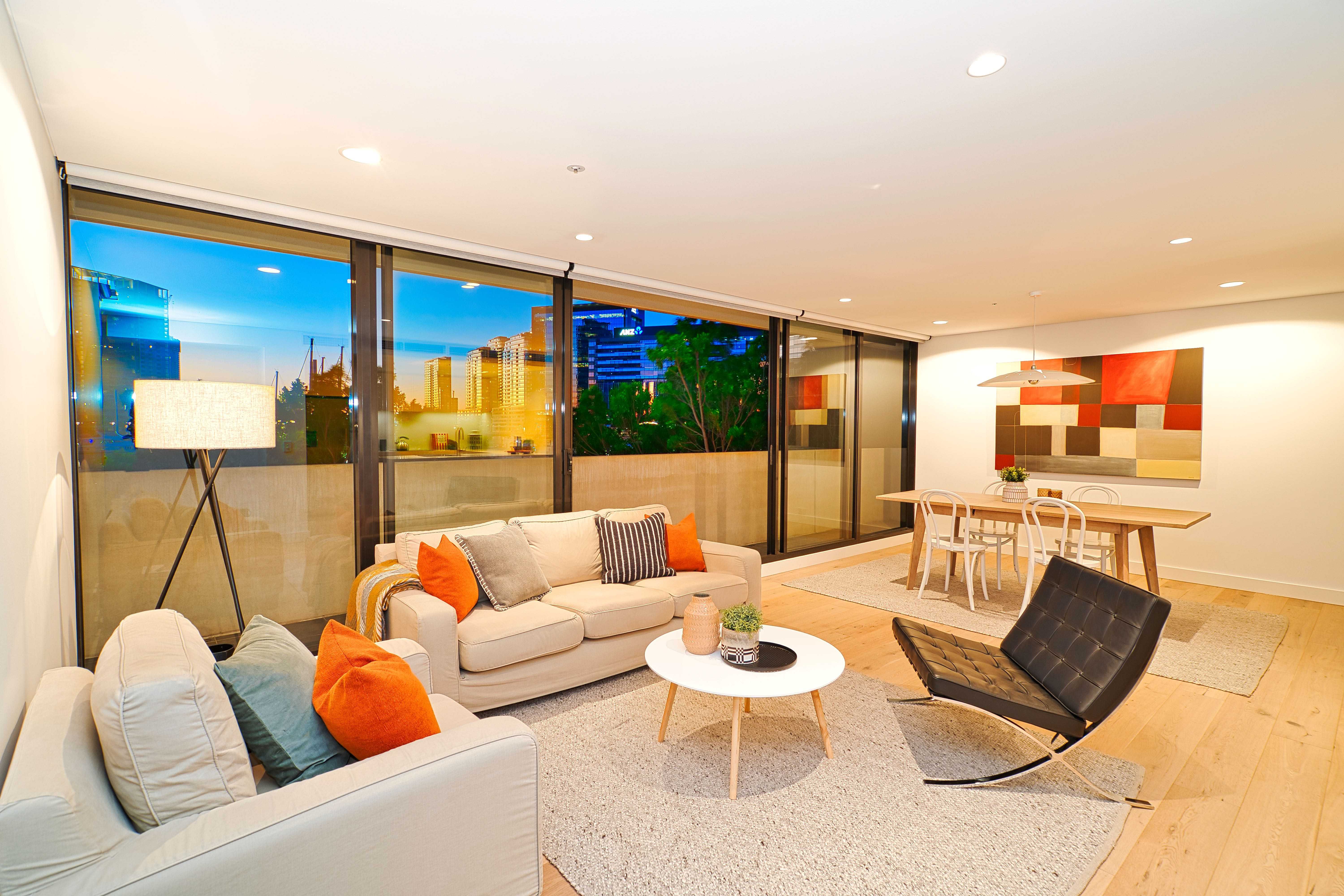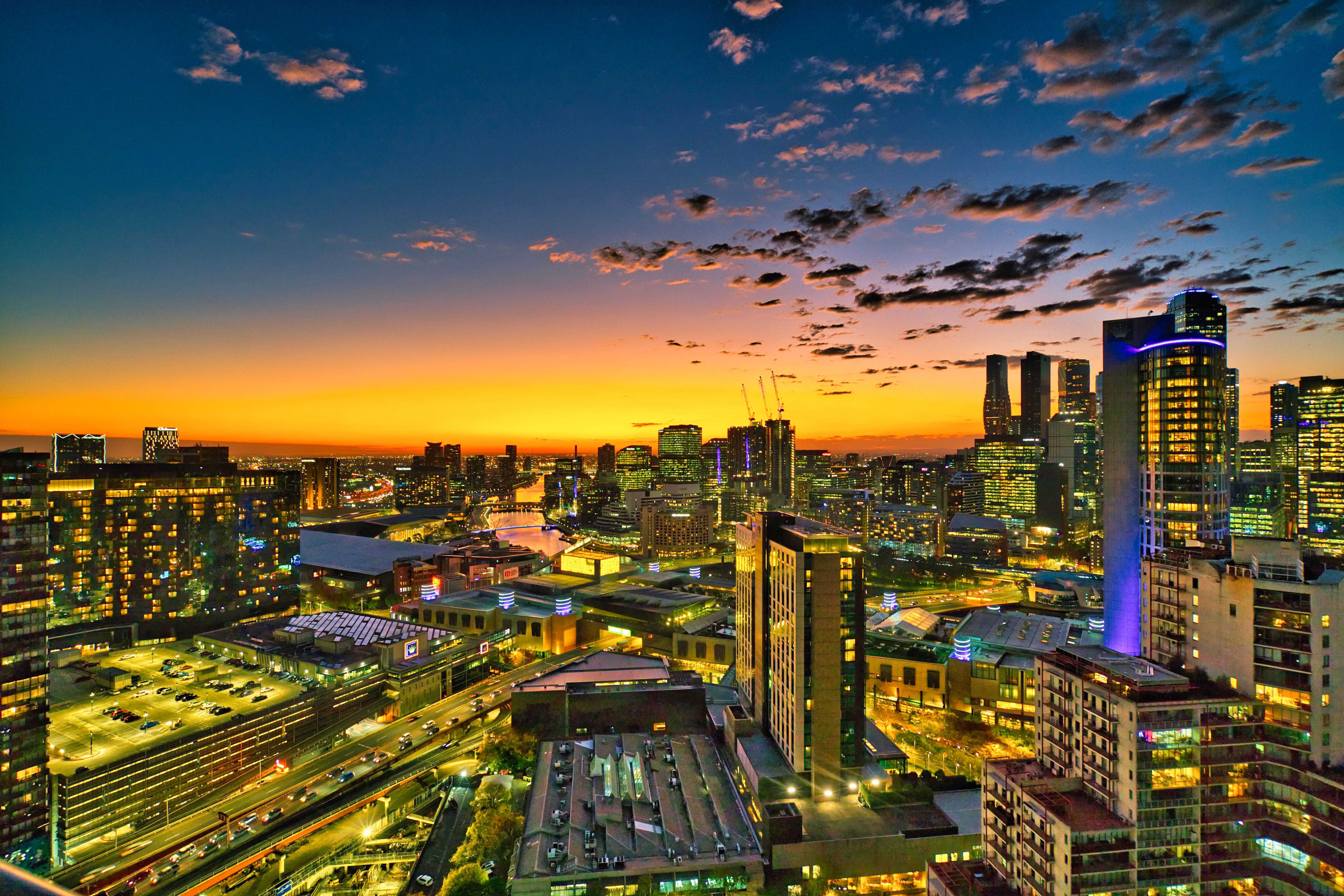When you step into the world of property investment, there’s more to consider than just rental returns and capital growth. Staying compliant with local legislation is a vital part of being a responsible landlord, and its key to protecting both your investment and your tenants.
From pool safety to smoke alarms and electrical systems, here’s a rundown of the essential safety standards every property owner should stay on top of.
Is your pool safe and certified?
A swimming pool can add serious appeal to your property, but it also comes with strict safety rules. In both Australia and New Zealand, pool fencing must meet specific requirements to prevent accidents and injuries. Local councils typically require pool barriers to be inspected and certified. If your property includes a pool or spa, ensure it’s regularly assessed by a licensed compliance professional who can issue the necessary certification or flag any upgrades required.
Smoke alarms: more than just a tick-box
Smoke alarms save lives, but only when they’re properly maintained. Regulations vary by state, but most require smoke detectors to be tested every year. This includes checking batteries, functionality, and compliance with the latest standards. Professional smoke alarm services are widely available and can handle ongoing maintenance, battery replacement, and upgrades when needed.
Child safety starts with windows and blinds
Unsecured blind cords and open windows are serious safety risks, particularly in multi-storey properties or family homes. Most states mandate window restrictors or safety devices to limit how far a window can open, reducing the risk of falls. Similarly, blind cords must be secured out of reach to prevent choking hazards. These checks should be carried out before each tenancy and regularly reviewed during routine inspections.
Switches, sockets and gas lines, don’t overlook them
Electrical safety is non-negotiable. A safety switch (RCD) should be fitted to your main switchboard to protect against electric shocks and fire risks. Likewise, gas appliances and connections must be inspected regularly to prevent leaks and ensure they’re running efficiently. Licensed electricians and gas fitters can provide routine checks and address any issues before they become serious hazards.
Balconies and decks need regular TLC
Balconies and timber decks are often exposed to harsh weather and can degrade over time. Loose railings, rotting timber, and structural instability not only pose safety concerns but may breach building codes. All elevated structures should be inspected periodically and repaired or upgraded as needed to remain compliant with the Building Code of Australia or the New Zealand Building Code.
Compliance isn’t optional, but it doesn’t have to be hard
Keeping up with safety regulations can feel overwhelming, especially when each state and territory has its own set of rules. That’s where a qualified property manager becomes invaluable. They work closely with compliance trades, understand legislative changes, and handle inspections and maintenance on your behalf.
Want to take the stress out of compliance? Chat with our experienced property managers and see how they can help protect your investment while keeping your property up to code.



